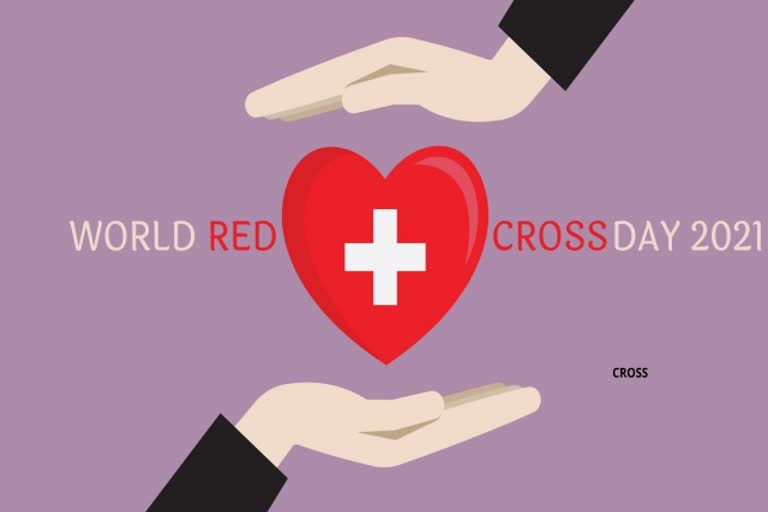The Red Cross Society, known to be a symbol of peace and harmony, observes World Red Cross Day, every year on 8th May, which is also the birthdate of Henry Dunant, founder of the Red Cross. This year, the theme is ‘Together we are #unstoppable!’ The International Committee of Red Cross (ICRC) formed in 1863, was established under the International Red Cross Movement during the Geneva agreement in 1864 by the efforts of Henry Dunant. The headquarters of the Red Cross Society is in Geneva, Switzerland. Initially, the main objective of the society was to take care and rehabilitate people who were the victims of violence and war, as well as those who were prisoners of war. This institution receives financial support from governments around the world, as well as from the National Red Cross and Red Crescent Institutions. Henry Dunant was also the one to receive the Nobel Peace Prize.
History Of The Red Cross
In February 1863, a committee was formed by the Geneva Public Welfare Society, which included five citizens of Switzerland. The main purpose of the committee was to discuss Henry Dunant’s suggestions. This five-member committee consisted of General Guéme Henri Dufur, Gustave Moynier, Louis Appia, Theodore Monoir, and Henry Dinant himself. Among these, Güme Henri Dufur, who was the General of the Swiss Army, served as Committee Chairman for one year and later as Honorary President.
In October 1863, an international conference was organized, which was attended by representatives from 16 nations. Many appropriate proposals and principles were adopted at this conference and the international symbol for the committee was also chosen. On this occasion, an appeal was made to all the nations of the world to set up such voluntary organizations which can take care of sick and injured people during the time of war. These units were known as National Red Cross Societies. The remaining five-member committee was initially known as the "International Committee for Relief to the Wounded", which was later renamed as the “International Committee of Red Cross”.
The Red Cross is a voluntary organization and plays a very important role in rescuing and providing relief to the victims of natural or human disasters in any part of the country. In India, during the first world war in 1914, there was no such organization to provide relief services to the soldiers, except one branch of the St. John Ambulance Association. The Indian Red Cross Society (IRCS) states that A bill to constitute the Indian Red Cross Society, Independent of the British Red Cross, was introduced in the Indian Legislative Council on 3rd March 1920 by Sir Claude Hill, member of the Viceroy's Executive Council who was also Chairman of the Joint war Committee in India. The Bill was passed on 17th March 1920 and became Act XV of 1920 with the assent of the Governor-General on the 20th March 1920. On 7th June 1920, fifty members were formally nominated to constitute the Indian Red Cross Society and the first Managing Body was elected from among them with Sir Malcolm Hailey as Chairman.
